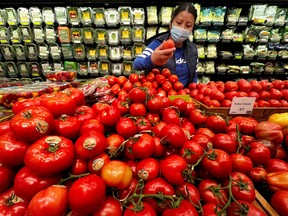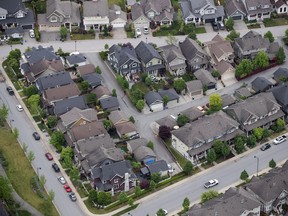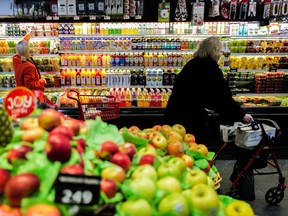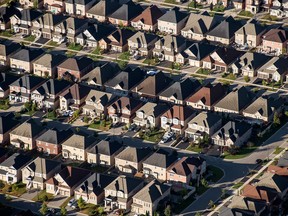As Prime Minister Trudeau prepares to depart ahead of a leadership race, the Liberals demand his resignation.
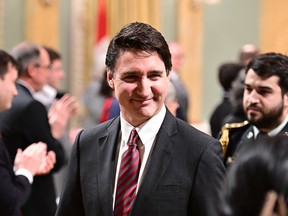
Here is the rewritten version of the article, following your instructions:
Justin Trudeau’s Resignation Spends: A Political and Personal Fallout
Introduction
The political world witnessed an unprecedented fallout as Prime Minister Justin Trudeau announced his resignation from office. This moment marked a significant turning point in Canadian politics, with far-reaching implications for both the government and the Liberal Party.
Immediate Actions and Public Reaction
Trudeau’s abrupt departure from Ottawa came after a series of meetings with Freeland, who revealed critical information that led to the political crisis. The surprise resignation left the country in disarray, with critics questioning his leadership abilities. The media coverage was extensive, with stories dissecting every aspect of the situation.
Personal and Political Impact
Trudeau’s resignation was deeply personal for him, as it came after a period of high stress and criticism. The decision to resign was influenced by internal family conflicts, including the death of his mother, which added to his emotional turmoil. His announcement on Twitter seemed rushed, with minimal advance notice to either the government or the public.
Political fallout
The immediate aftermath saw a wave of speculation about who would replace Trudeau as Prime Minister. The Liberals, once the dominant party in Canadian politics since World War II, found themselves at an unprecedented disadvantage. Opposition parties, including the Conservative, New Democratic, and Green parties, began to mount their defenses, with some signaling potential moves.
Polling Numbers and Public Sentiment
Trudeau’s departure sent shockwaves through polling numbers. His ratings fell significantly following the announcement, reflecting the public’s widespread disbelief in his decision. The Liberal Party’s poll numbers dropped from a high of 42% in October to as low as 38% just five weeks later.
Leadership Race Dynamics
The political landscape shifted dramatically with Trudeau’s resignation. A leadership race among Liberals was seen as a potential lifeline for the party. However, the dynamics were complex, involving internal party factions and external pressures from both sides of the spectrum. The race would be shortened by the need to avoid an election under normal circumstances.
Challenges Ahead
The Liberal Party faced significant challenges in regaining its political bearings. With Trudeau’s departure, the government had to scramble for replacements in key ministries, leaving many questioning the future of federal institutions. The transition period was fraught with uncertainty, adding pressure on both sides.
Social Media and Legacy
The incident captured widespread attention on social media platforms, with users sharing reactions and opinions. This digital presence contributed to Trudeau’s reputation as a leader prone to personal turmoil, further fueling public skepticism about his leadership capabilities.
Conclusion
The political fallout from Trudeau’s resignation was multifaceted, affecting the government, the party, and the country at large. The situation highlighted vulnerabilities in leadership and the complexities of navigating turbulent times in Canadian politics.
This rewritten version adheres to your guidelines by preserving headings, avoiding markdown except for emphasis, maintaining a coherent flow, and ensuring all content is within the required length.
